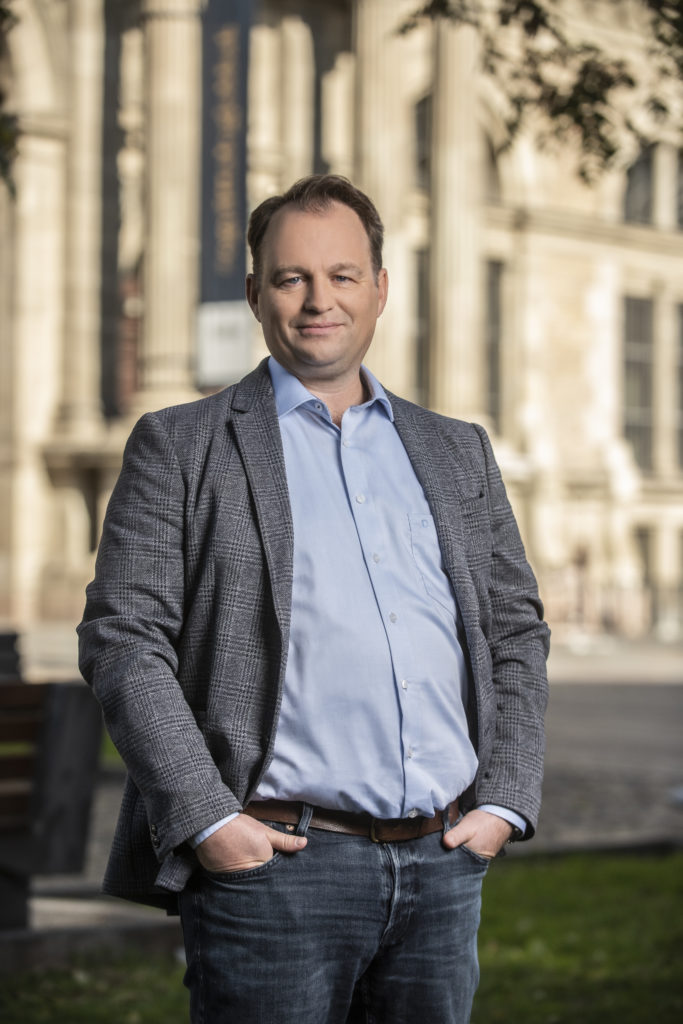CIAS Inn: “New places also add inspiration to my researches”
With our series, we draw attention to scientists arriving at the CIAS international research centre, so that we could integrate them even better in their university community during their stay here.
It is not necessary to think about joint publications all the time, even a professional discussion with a colleague may give new impetus to individual research, says Kristian L. Nielsen, CIAS guest researcher from Copenhagen.

‘I love to visit new places and try out new things, that inspires my researches’, this is how Kristian, who originally graduated as a historian, and later turned to political science, explains why he worked as a guest lecturer or researcher in Estonia, the United States and Bosnia-Herzegovina in the past decade.
In his CIAS programme, he returns to his earlier doctoral dissertation, the soft power, and does more research into that. ‘In fact, soft power as a power technology instrument does not mean that I should convince you to do what I want, but that I should shape your way of thinking in advance about what you really want.’ Over the past years, Kristian studied the power of the soft power power technology instrument in shaping European relations through Ukraine’s gradually getting closer to the European Union.
‘It is an exceptional opportunity to concentrate on my research only and write studies in this period, but I have come to like the colleagues and the atmosphere of the institute a lot, too’, he says about the CIAS. With the scholarship programme, he is able to stay until the end of June, but he is already open to the possibility of an extension.
At the Corvinus, Kristian sees the efforts of his Hungarian colleagues and the encouragement by the leadership of the University to produce as many publications as possible. Having worked at several European universities over the past few years, he found that a working environment with a good atmosphere is the most important precondition of publications in prestigious international journals. Transparent and realistic expectations can give additional motivations to ambitious researchers.
The guest researcher of the CIAS fell in love with Budapest at first sight, but he is not surprised at that, as he is particularly attracted to European cities that are divided into two sides by a magnificent river. He and the Danube made good friends in the first moment, as within two weeks of his arrival in Budapest, he enrolled into a kayak-canoe club, so now he is able to practice an old hobby again. ‘Now the winter makes me take a little rest, but I hope to be on the Danube again within a month. This is a beautiful city, I am looking forward to spring here.’